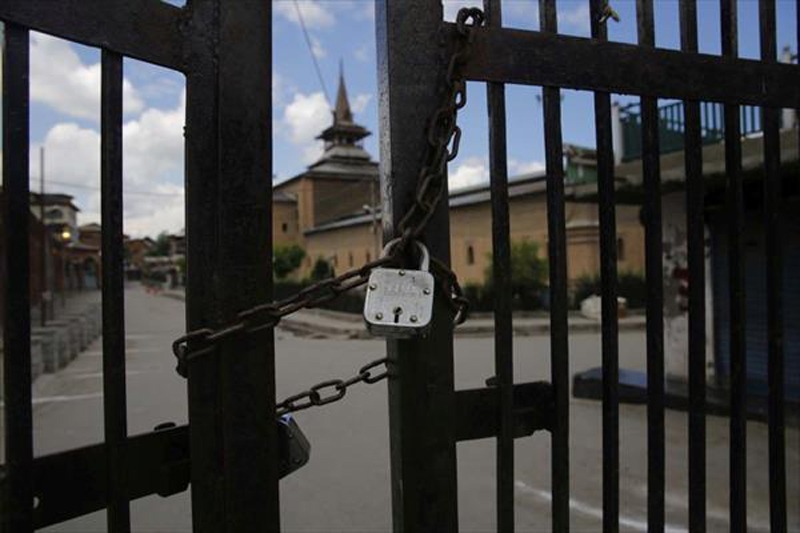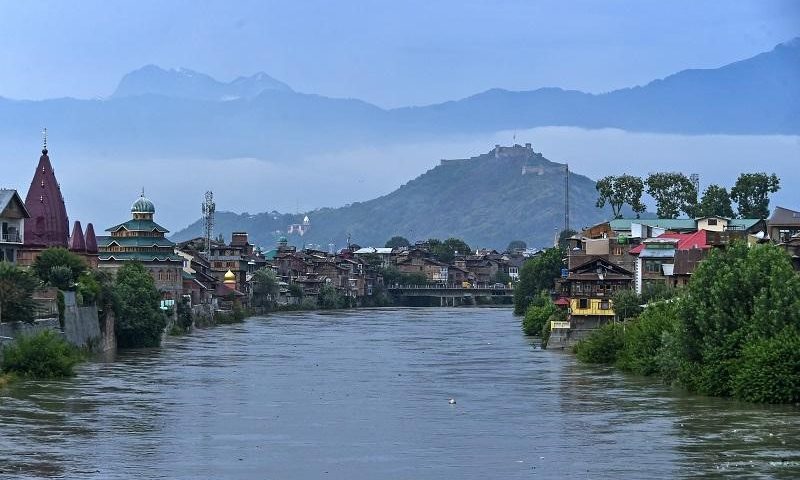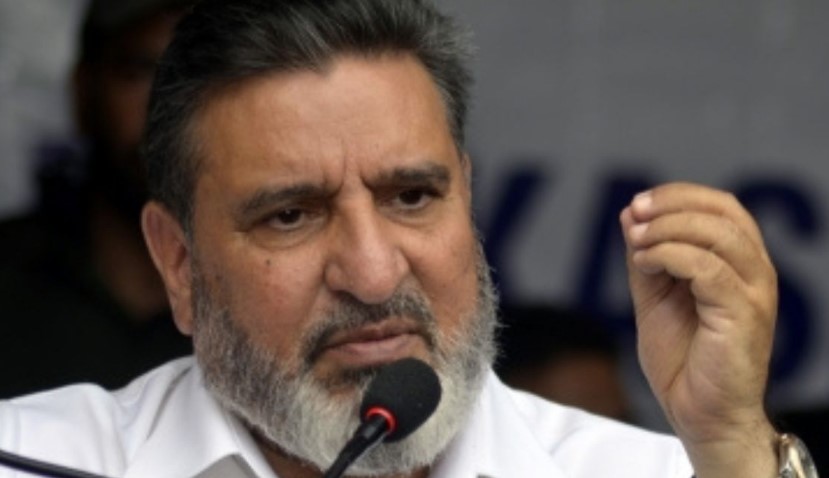Authorities Close Historic Jamia Masjid Srinagar Ahead of Shab-e-Qadr Observance
Srinagar: Srinagar’s historic Jamia Masjid, a symbol of religious and cultural significance, has been at the center of controversy as authorities disallow nigh-long prayers ahead of the auspicious occasion of Shab-e-Qadr. The decision has sparked disappointment and condemnation from the mosque’s management body, Anjuman Auqaf, amid concerns over religious freedoms and restrictions on community gatherings during Ramadan. This article provides insights into the recent developments surrounding Jamia Masjid Srinagar and the implications for the local community.
Closure of Jamia Masjid Srinagar
Ahead of Shab-e-Qadr, authorities took the decision to close the gates of Jamia Masjid Srinagar following Asr prayers. The closure, accompanied by police instructions to vacate the mosque premises, has disrupted the customary observance of Taraweeh prayers and Shab Khani, traditionally held on this auspicious occasion. The abrupt closure has left worshippers disheartened and raised questions about the exercise of religious freedoms in the region.
Restrictions on Religious Observance
The decision to disallow nigh-long prayers at Jamia Masjid Srinagar comes in the wake of previous restrictions on religious gatherings and ceremonies in the region. The closure of mosques and restrictions on congregational prayers during Ramadan have been met with criticism from religious leaders and civil society organizations. The continued imposition of such measures raises concerns about the infringement of religious rights and freedoms guaranteed by law.
Placing of Mirwaiz Umar Farooq Under House Arrest
In a parallel development, Mirwaiz Umar Farooq, the head of the mosque management body and a prominent religious leader, was placed under house arrest. The move to restrict the movement of religious leaders further underscores the authorities’ efforts to control public gatherings and religious activities. The confinement of Mirwaiz Umar Farooq has drawn condemnation and sparked calls for the restoration of his freedom.
Condemnation and Disappointment
Anjuman Auqaf, the management body of Jamia Masjid Srinagar, expressed profound disappointment at the decision of the authorities to close the mosque and disallow nigh-long prayers on Shab-e-Qadr. The organization strongly condemned what it termed as a repressive measure aimed at curbing religious practices and community cohesion. The closure of Jamia Masjid and the imposition of restrictions have elicited widespread condemnation from religious leaders, civil society, and human rights organizations.
Implications and Future Outlook
The closure of Jamia Masjid Srinagar and the restrictions on religious observance raise broader questions about religious freedoms and civil liberties in the region. The continued imposition of restrictions during religious occasions undermines the principle of freedom of religion and raises tensions within the local community. Moving forward, there is a need for dialogue and reconciliation to address the concerns of all stakeholders and ensure the protection of religious rights and freedoms for all citizens.
Conclusion: The closure of Jamia Masjid Srinagar ahead of Shab-e-Qadr reflects a broader pattern of restrictions on religious freedoms in the region. The decision has sparked disappointment and condemnation from religious leaders and civil society organizations, highlighting the need for dialogue and reconciliation. As the local community navigates these challenges, it is essential to uphold the principles of religious tolerance, diversity, and freedom enshrined in the constitution. Only through dialogue and mutual respect can lasting solutions be found to address the complex issues facing the region.





